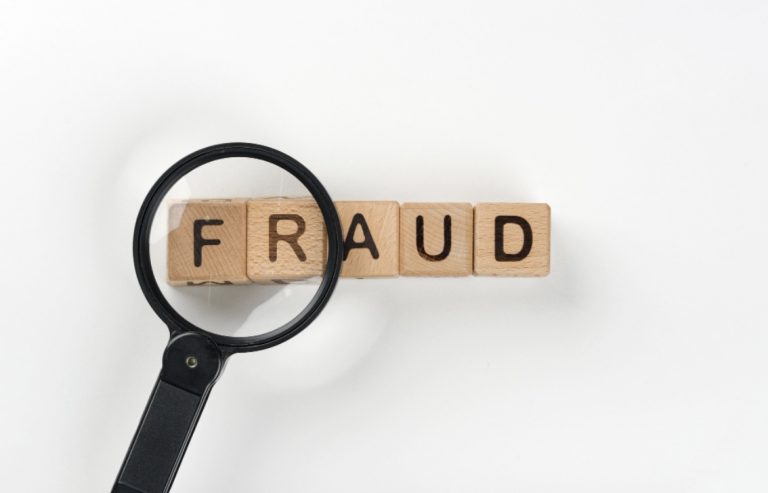The sharp increase in data breaches during the pandemic is as good a sign as any to guard your personal information. But sometimes, a fraudster still manages to snag your passwords or account numbers.
With the right combination of personal information, they can steal your identity and open payday cash advances in your name.
How can you tell if this happened to you? Here are some red flags you might have been a victim of fraud.
Story Stages
Your Statements Show Unexplainable Expenses
Do you see a charge on your line of credit you don’t remember making? Or a withdrawal from your checking account to an unknown payee?
It’s time to contact your bank or credit company. Suspicious activity could be a simple admin error. However, there’s a chance a fraudster has taken a hold of your accounts, so you’ll want to alert these authorities right away.
You Find the Wrong Accounts in Your Credit Report
A fraudster has likely taken your credit for a ride if you spot any account you don’t recognize in your file, so read the contents of your report line-by-line.
These identity thieves tend to stick with payday loans online with no credit check and instant approval. These same day loans and other no-credit-check cash advances are prime targets for fraudsters. That’s because their lenders don’t run a thorough background check like other legit online lenders that provide responsible borrowing options.
Since no-credit-check cash advance lenders don’t check credit, they won’t realize someone is fraudulently using your personal information to apply.
However, talented fraudsters can apply and get approved for a variety of accounts. With the right information, they can even take out legit personal loans or lines of credit in your name.
So you should look for any unusual accounts, not just payday loans online with no credit check and instant approval.
You Receive a Collection Call
A payday cash advance has a quick turnaround — usually just 14 days from start to finish. By the time the due date comes, your fraudster will be long gone, but you’ll still be on the hook for the money they borrowed.
If a fraudster also used your contact details when applying for a cash advance, there’s a good chance the lender will use this info to reach you once the account goes into arrears.
If you get an annoying call about an account you didn’t open, find out as much information about the account as possible by following these steps. You can bring this information to your bank or credit agencies to confirm if this debt is attached to your name or it was a spam call.
Your Report Shows Minor Inaccuracies
A fraudster won’t always open a new cash advance under your name. Sometimes, they work with what you already have to sneak cash right from under your nose.
To make sure they don’t have control of your existing accounts, pay close attention to the details of each entry.
Make sure each account’s creditor, age, payment history, and outstanding balance align with your records. You should also double-check your name, address, and social security number are correct.
Experian, Equifax, and TransUnion may show slightly different information, but what they do show should be accurate. If you find any errors or inconsistencies, contact the agency that shows the error.
The Takeaway
If you spot anything unusual in your official records, there’s a risk you’ve been hacked. Get in touch with your bank, creditors, and credit agencies to see what your next step should be.
